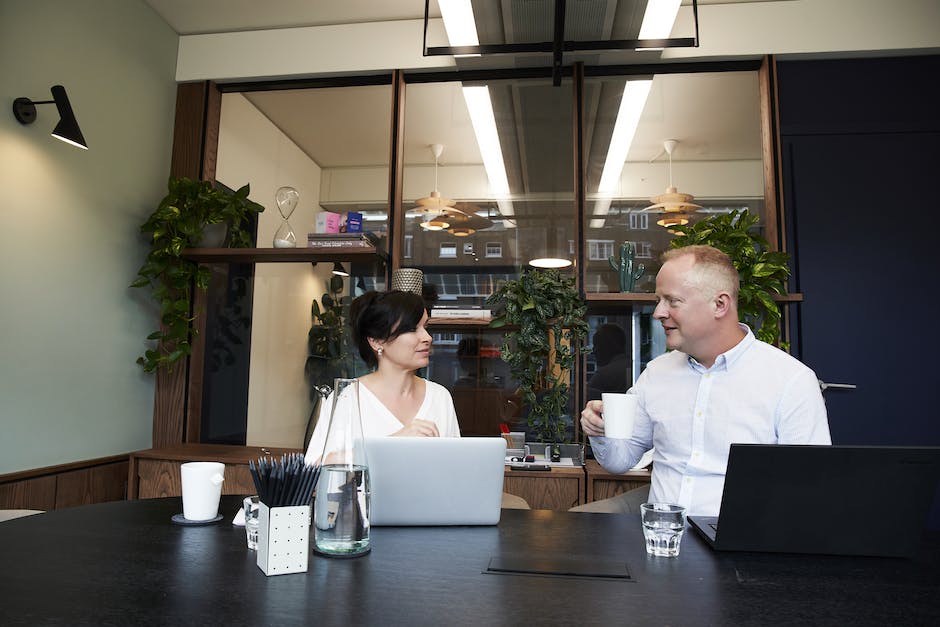How to Start a Creative Agency as a Solopreneur

Starting a creative agency as a solopreneur can be a rewarding journey. It offers the opportunity to turn your passion into a sustainable business, giving you the autonomy to make strategic decisions while also enjoying the thrill of creating impactful solutions. However, like any entrepreneurial venture, it comes with its share of challenges. This blog post aims to provide a comprehensive guide on how to start a creative agency as a solopreneur, discussing everything from understanding the solopreneur concept to scaling your business.

Understanding the Solopreneur Concept
So, what exactly is a solopreneur? A solopreneur is an entrepreneur who runs their business single-handedly. They are the sole decision-makers in their enterprise, wearing multiple hats to manage different aspects of the business. Unlike other entrepreneurs, solopreneurs do not have a team or partners to share the responsibilities. They are essentially the heart and soul of their business, driving its growth and success.
Why Choose a Creative Agency?
Starting a creative agency as a solopreneur has several advantages. In today’s digital age, businesses are constantly on the lookout for creative solutions to stand out in a crowded marketplace. This results in a high demand for creative agencies that can deliver unique and impactful strategies. Moreover, running a creative agency offers flexibility and autonomy that few other ventures can match. You have the freedom to choose your clients, manage your schedule, and decide on the direction of your agency. Sounds exciting, doesn’t it?
Crafting Your Business Idea
As a solopreneur looking to start a creative agency, the first step is to identify and validate a business idea. This calls for a deep understanding of the industry, identifying a niche that aligns with your skills and passion, and understanding the market needs within this niche. It’s also important to assess the competition. Who are the key players in your chosen niche? What services do they offer? What can you do better or differently?
Remember, your business idea does not have to be entirely unique. It just needs to offer value in a way that is unique to you and your brand.
Market Research and Validation
What’s the use of a great business idea if there’s no market for it? Conducting market research and validation is essential in ensuring that your business idea is feasible and profitable. This involves studying your target audience, understanding their needs and preferences, and determining how your services can meet these needs.
Validation, on the other hand, involves testing your business idea in the real world. This could mean offering your services on a small scale or seeking feedback from potential customers. Is there a real demand for your services? Are people willing to pay for them? If the answer is yes, then you’re on the right track.
Planning Your Creative Agency
Planning is key in any business venture. For your creative agency, this involves creating a business plan that outlines your business goals, strategies, and projections. This plan will not only guide your operations but can also be instrumental in attracting investors or securing loans.
The components of your business plan should include a market analysis, a marketing strategy, and financial projections. The market analysis should provide insights into your target market and competition. The marketing strategy should outline how you plan to attract and retain clients. Lastly, the financial projections should provide an estimate of your revenue and expenses.
| Component | Description |
|---|---|
| Market Analysis | Insights into your target market and competition |
| Marketing Strategy | How you plan to attract and retain clients |
| Financial Projections | Estimate of your revenue and expenses |
Remember, a business plan is not a one-time document. It should be revisited and updated regularly to reflect the changing dynamics of your business and market.
Legal Requirements and Registration
Setting up a creative agency involves more than just having a great idea. It’s essential to understand the legal requirements involved in establishing your business. This includes obtaining the necessary licenses and permits, registering your business, and understanding your tax obligations. Not only does this protect your business, but it also instills confidence in your clients that they are dealing with a legitimate and professional agency.
Many solopreneurs choose to register their business as a Limited Liability Company (LLC), as it provides certain legal protections and can be beneficial for tax purposes. However, the specific legal structure you choose may depend on your personal circumstances and it’s always a good idea to consult with a legal professional to understand the best option for you.
Depending on your location and the nature of your services, you may also need specific licenses or permits to operate your creative agency. For example, if you plan to offer public relations services, you may need a specific license in some states. It’s important to research the specific requirements in your area to ensure you are operating legally.
Funding Your Creative Agency
When it comes to funding your creative agency, there are several options available to solopreneurs. Many creative agencies start as self-funded ventures, with the entrepreneur investing their own savings into the business. This can be a great way to maintain control over your business, but it’s important to ensure you have enough funds to cover your living expenses as well as business costs.
Loans are another option, with many banks and financial institutions offering small business loans specifically designed for startups. Alternatively, you may be eligible for grants or funding programs designed to support new businesses. These can provide valuable financial support, but may come with certain conditions or expectations.
Investor funding is another option, although this is less common for creative agencies and may involve giving up a portion of your business. Regardless of the funding option you choose, it’s important to have a clear financial plan in place and to consider all potential costs and expenses.
Building Your Brand
Building a strong brand identity is crucial for any creative agency. Your brand is more than just your logo or website design – it’s the way your business is perceived by your clients and the wider public. It’s about the values you stand for, the quality of your work, and the way you interact with your clients.
Your logo is often the first thing potential clients see, so it’s important to invest time and resources into creating a logo that represents your brand effectively. Consider the colors, fonts, and imagery that best represent your brand personality and make sure these are consistent across all your marketing materials.
Your website is your online storefront, so it should reflect your brand identity and showcase your work effectively. Consider hiring a professional web designer to ensure your website is visually appealing, user-friendly, and optimized for search engines.
Social media is another important aspect of your brand. It’s a great way to showcase your work, engage with your audience, and build brand awareness. Make sure your social media profiles are consistent with your brand identity and regularly post content that adds value to your audience.

Attracting Your First Clients
As a budding solopreneur, attracting your first set of clients can be a daunting task. But fear not! There are several effective strategies you can utilize to get your first clients and kickstart your creative agency.
Networking is a powerful tool in the entrepreneurial world. Whether it’s attending industry events, joining online communities, or connecting with potential clients on professional networks like LinkedIn, networking can provide valuable opportunities to showcase your agency and its offerings.
Offering free services or a discounted rate to your initial clients can also be an effective strategy. This may seem counterintuitive at first, but think of it as an investment in your portfolio. These early projects can provide valuable case studies and testimonials that can boost your credibility and attract more clients.
Lastly, leveraging digital marketing strategies can significantly enhance your visibility and reach. Here are a few strategies you may consider:
- Search Engine Optimization (SEO)
- Social Media Marketing
- Email Marketing
- Content Marketing
- Pay-Per-Click (PPC) Advertising
- Affiliate Marketing
Scaling Your Business
Once you’ve established your creative agency and started gaining clients, the next step is scaling your business. This involves expanding your operations while ensuring your agency continues to deliver high-quality, creative solutions.
Hiring freelancers is a flexible and cost-effective way to manage increased workload as your agency grows. Platforms like Upwork, Fiverr, and Freelancer offer a vast pool of talented professionals who can assist with various aspects of your creative agency, from design and content creation to marketing and administration.
Expanding your services can also contribute to your agency’s growth. Once you’ve mastered a certain area, consider branching out into other related services. For example, if your agency started out specializing in logo design, you might consider expanding into branding or website design.
Improving client relationships is another crucial aspect of scaling your business. Happy clients are more likely to provide referrals, leave positive reviews, and become repeat customers. Therefore, investing in excellent customer service can greatly benefit your agency in the long run.
Learning from Success Stories
Every successful solopreneur started somewhere. While we won’t be mentioning any specific names or details, there are countless examples of individuals who started their own creative agencies and achieved incredible success.
These success stories serve as a reminder that starting a creative agency as a solopreneur is not only possible, but can lead to exciting opportunities and immense satisfaction. They also provide valuable lessons and insights that you can apply in your own journey.
Conclusion
In conclusion, starting a creative agency as a solopreneur can be a challenging yet rewarding endeavor. It requires careful planning, consistent effort, and a willingness to learn and adapt. But with the right strategies, you can attract your first clients, scale your business, and ultimately build a successful creative agency.
Remember, every successful solopreneur was once in your shoes, taking the first step towards their entrepreneurial journey. So, why not you?
Get Organized & Win More Clients
Kosmo has everything you need to run your freelancing business.